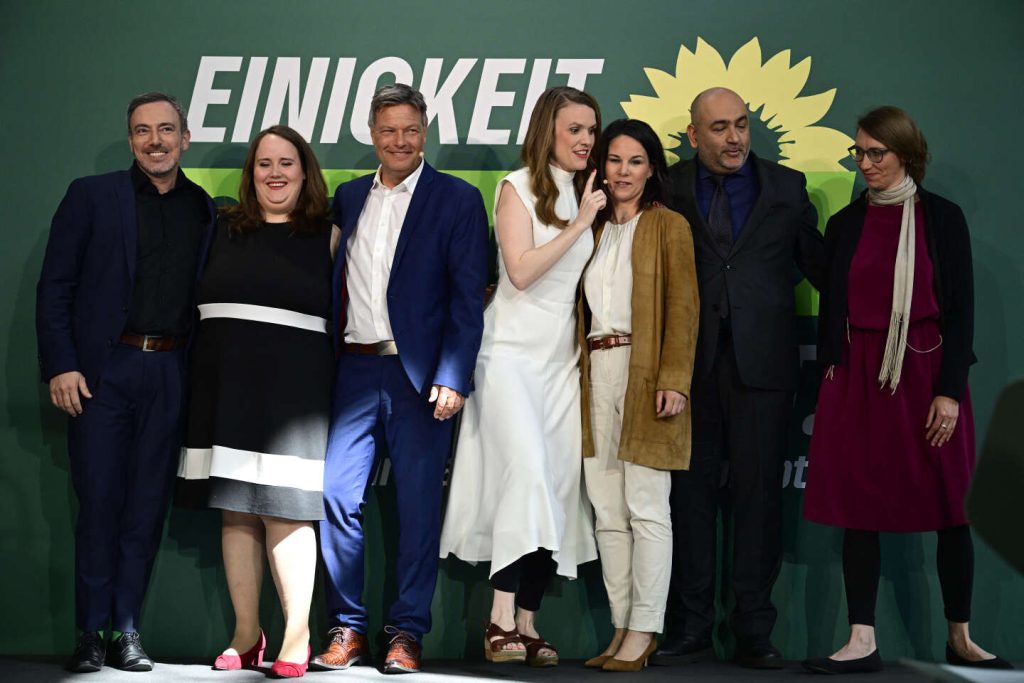The weight of the Greens in the next European Parliament will largely depend on the results of the German Greens in the upcoming elections on June 9. Currently, they hold 21 of the 72 seats in the Greens/European Free Alliance group, a result of their 20.5% vote share in 2019, their best result in German history. However, this year’s European elections are expected to be much more challenging for the German Greens. The political debate has shifted focus from climate issues to concerns such as purchasing power and inflation, making it difficult for the Greens to gain traction.
The decline in popularity of environmental issues is not unique to Germany, but is a trend across Europe. Additionally, being in government poses a challenge for the Greens, as they are only part of the government in three other EU countries – Austria, Belgium, and Ireland. In 2019, the Greens were in opposition, allowing them to easily criticize the government’s mistakes. However, since 2021, they have been part of the government, presenting a challenge in their campaigning efforts. The recent regional elections in Bavaria and Hesse showcased the consequences of being part of a coalition government, with the Greens losing support compared to previous elections.
The image of the federal government under Chancellor Olaf Scholz has also deteriorated, with a high level of dissatisfaction among the population. This negative perception of the government is likely to impact the German Greens in the upcoming elections. Euro MP Martin Häusling, campaigning for a fourth term, highlighted the challenges faced by the Greens, especially in sectors like agriculture where they have become targets of aggression. In 2023, nearly half of the attacks against politicians and activists targeted the Greens, surpassing the far-right Alternative for Germany (AfD) and the SPD of Chancellor Scholz.
The Greens are facing difficulties in campaigning and attracting support due to the changes in the political landscape and their role in the government. Despite their efforts to address pressing issues like climate change and sustainability, they are struggling to gain traction among voters who are more concerned about economic challenges like purchasing power and inflation. The atmosphere of dissatisfaction with the current government further complicates the Green’s chances in the upcoming elections, as they are likely to be impacted by the negative perceptions surrounding the government’s performance. The outcome of the elections will determine the future representation of the Greens in the European Parliament.


